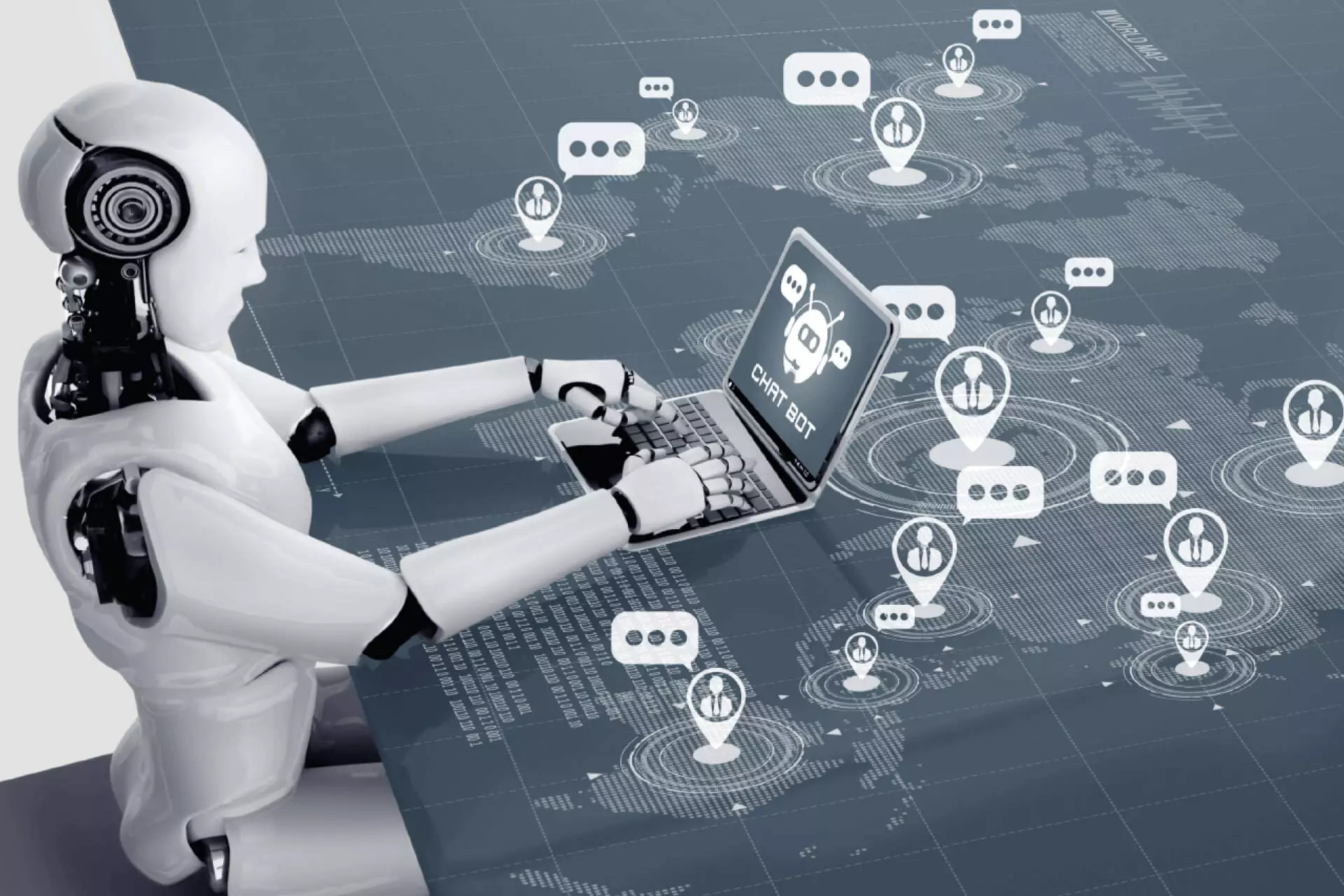In a period of technological advancement and innovation, the world has witnessed a transformative change in how industries function. The major players in a variety of sectors are embracing the power of robots and automation in order to improve efficiency, streamline processes and create a competitive advantage in the marketplace. The heart of this transformation lies the robotics field, an area that covers the development, integration and implementation of robotic systems across a multitude of industries.
Understanding Robotics Applications
Robotics is a science and engineering discipline that focuses on the design, construction and use as well as operation. Robots are machines that can perform tasks either autonomously or under human guidance. The machines are able to perform complex or repetitive actions in complex situations.

Robotics is more than just automation. It covers a variety of applications that are designed to revolutionize industries, and improve human lives. Robots are advancing into many areas, from manufacturing to healthcare, logistics, and entertainment. They offer countless innovative opportunities.
The Rising of Automation: a Paradigm Shift
Automation, particularly robotic automation, is at the core of modern industrial revolution. Integration of automated systems have drastically changed the way businesses operate. They streamline processes and increase efficiency. Automation refers to the act of allowing machines or robots to complete tasks without human involvement, by utilizing technology to increase productivity, speed and precision.
Robotic automation refers to using robots to perform tasks that humans have historically performed. These robots mimic human actions which makes them adaptable across industries. Robots have revolutionized our work practices regardless of whether they are creating products in a factory or performing complex surgical procedures in healthcare.
Robotic Process Automation: A Revolutionary Efficiency
Robotic Process Automation (RPA) is a subset of automation technology that involves the automation of routine, rule-based tasks in business processes. RPA employs software robots or “bots” to execute routine tasks, which allows human workers to focus on more complex and strategic tasks.
RPA integration is now an industry-changing technology, providing efficiency and speed to business processes across various industries. From to invoice processing and data entry to customer service and HR processes, RPA is reshaping workflows and improving the efficiency of companies.
Advancing Industries with Fanuc Robots
Fanuc is a well-known player in robotics. They specialize in developing the integration and installation of robots in a variety of industries. Fanuc robots are renowned for their accuracy, reliability as well as their versatility, making them a popular choice across different industries.
By integrating Fanuc robots, industries are able to revolutionize their operations. These robots have been designed to increase productivity, improve throughput, and ensure the highest quality standards. Fanuc’s innovative solutions have been designed to improve the safety of employees by removing them from dangerous work.
Driving Competitiveness The Fanuc Advantage
Fanuc robots are an excellent way to gain an edge in your industry. Fanuc robots can boost efficiency and productivity, which leads to an increase in return on investment. By automating repetitive, labor-intensive jobs, businesses can redirect their resources for tasks that require thinking outside the box, problem-solving and critical thinking, increasing innovation and growth.
Fanuc also provides robotized solutions specifically tailored to the particular requirements of each sector. The innovative approach of Fanuc in the development and deployment of robots allows businesses to adjust quickly to changing market demands, stay ahead of the rivals, and attain sustainable growth.
A glimpse into the Future
The landscape of robotics, automation and technology is likely to change as technology progresses. Future advancements could include improved artificial intelligence, enhanced sensors, and increased interaction between robots and humans and humans, all of which contribute to an easier and more efficient working environment.
The final conclusion is that the integration of robotics and automation with automation, including Robotic Process Automation, Fanuc robots is revolutionizing industries. It is propelling them into the future. The efficiency gained by robots can help businesses succeed in today’s competitive world, but also pioneering new frontiers of innovative technology. As we sit on the beginning of a new era, the role of robotics and automation will certainly continue to shape the future of our world.
